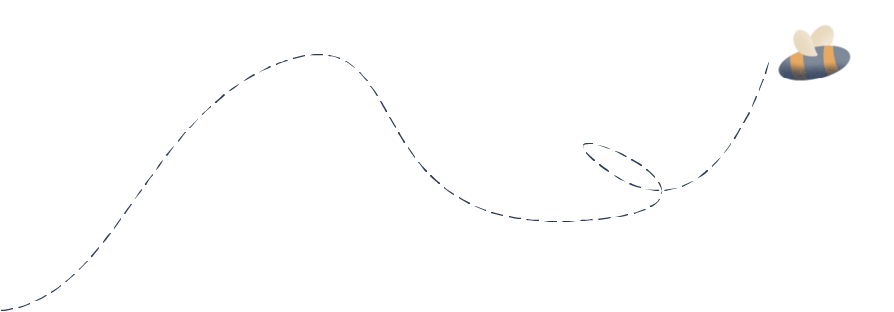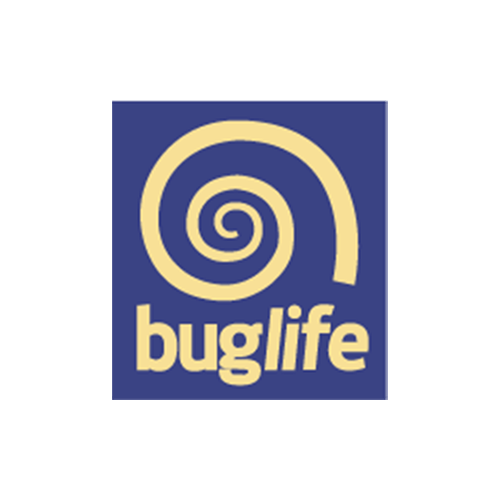Hive19 supported the planting of 1 hectare of wildflowers in the UK across 2022-2023
Hive19 is part of an imaginative and beautiful solution to the problem of the loss of flowers and pollinators in the UK. Not only are wildflowers attractive and beneficial to our well-being, but for the thousands of pollinating insects, wildflowers are critical.
Since 1940 we’ve lost ninety seven percent of our flower rich meadows and hundreds of our pollinator species are in decline. In areas, our local wildlife finds itself in isolated oases, walled in by agricultural land, urban landscapes, roads, and gardens.
Our solution is to restore B-Lines – a network of insect pathways along which we are restoring and creating wildflower rich habitat. These insect super highways created in partnership with GreenTheUK and Buglife will extend across the whole of the UK, allowing wildlife to move freely through our countryside and towns. Thanks to Hive19, we have created a network of flower-rich pathways benefitting pollinators, other wildlife and people.

Wildflower Restoration in East Sussex (1 hectare)
Hive19 supported wildflower planting in Patcham with Brighton and Hove Council. Patcham is within 15 minutes of Hive19's office so will be visitablee when they bloom in the Spring. Volunteers planted a variety of locally grown wildflowers such as Bird’s foot Trefoil, Wild Carrot, Greater Knapweed and Wild Thyme and added Yellow Rattle to the sward to reduce the dominance of coarser grasses. Any brown grass was also removed to give the newly planted wildflowers their best chance.
This planting was part of the greater Wild Pollinators project, as well as part of #Changingchalk and Brighton and Hove’s Wilder Verges Project.
Wildflowers & Grasses Planted

UN's Sustainable Development Goals
As a GreenTheUK partner, you support projects that are in line with the UN Sustainable Development Goals.

Take urgent action to combat climate change and its impacts.

Sustainably manage forests, combat desertification, halt and reverse land degradation, halt biodiversity loss.

























































 A Parfitt.jpg)
A Parfitt.jpg)
BHCC.jpg)
BHCC.jpg)
BHCC.jpg)